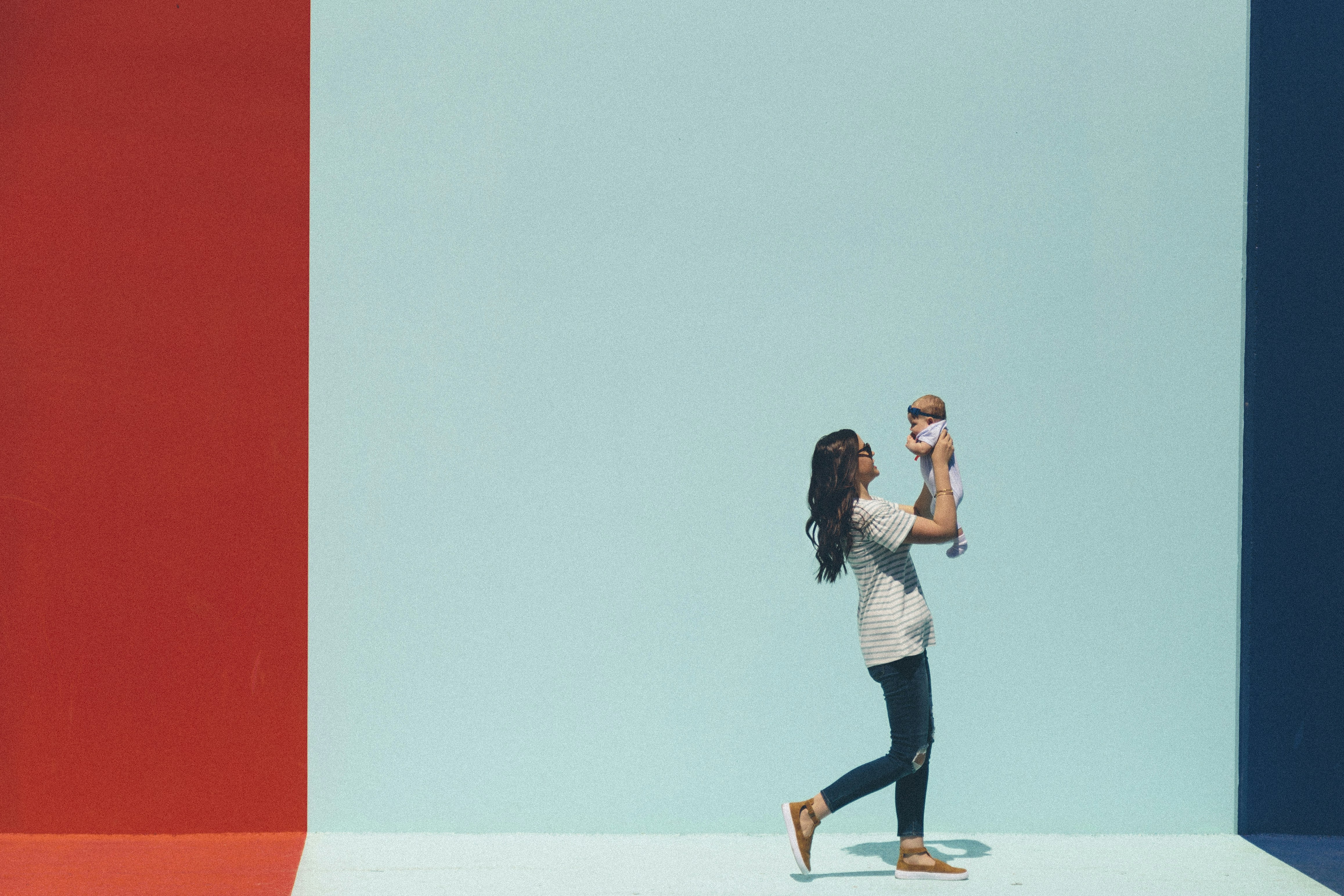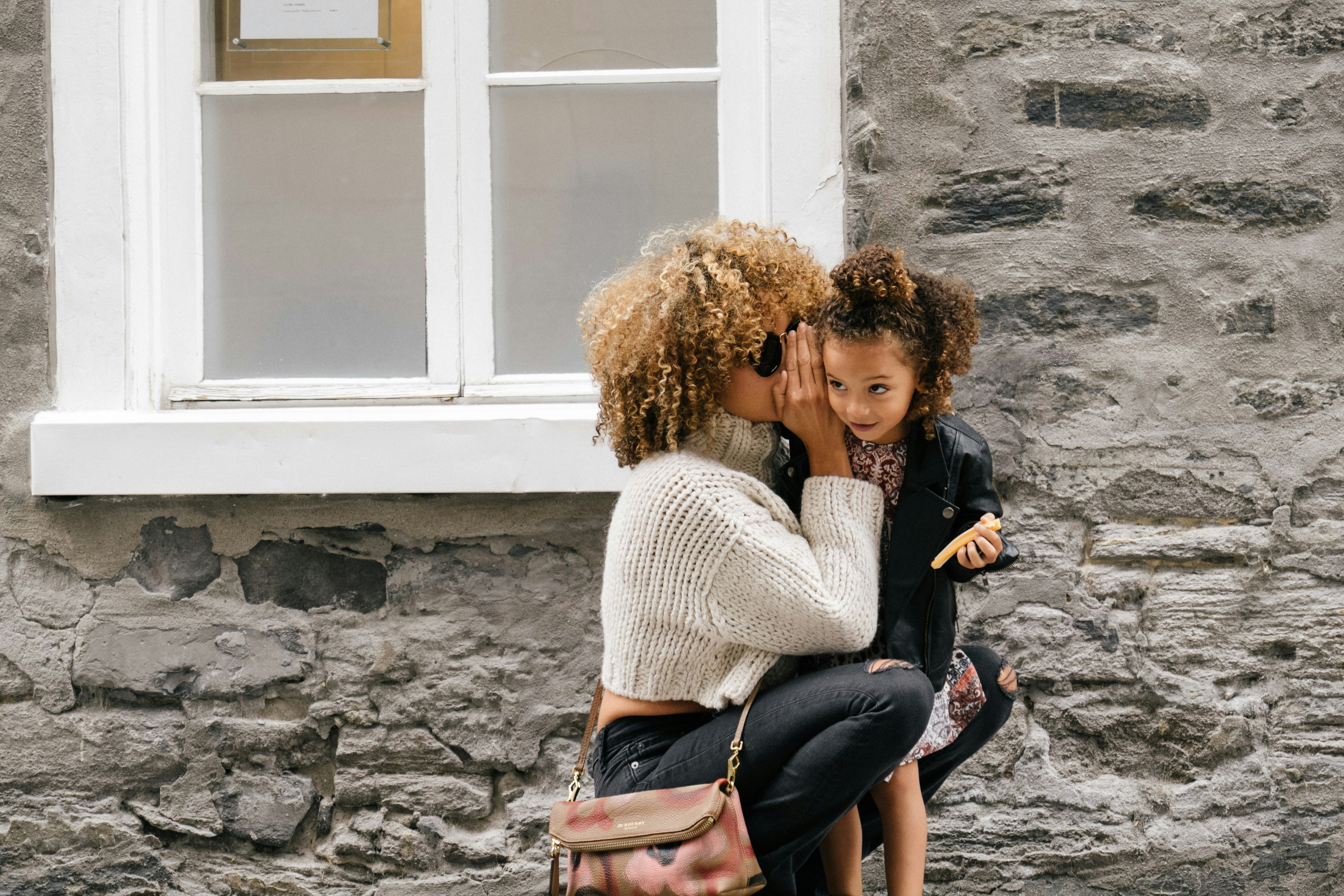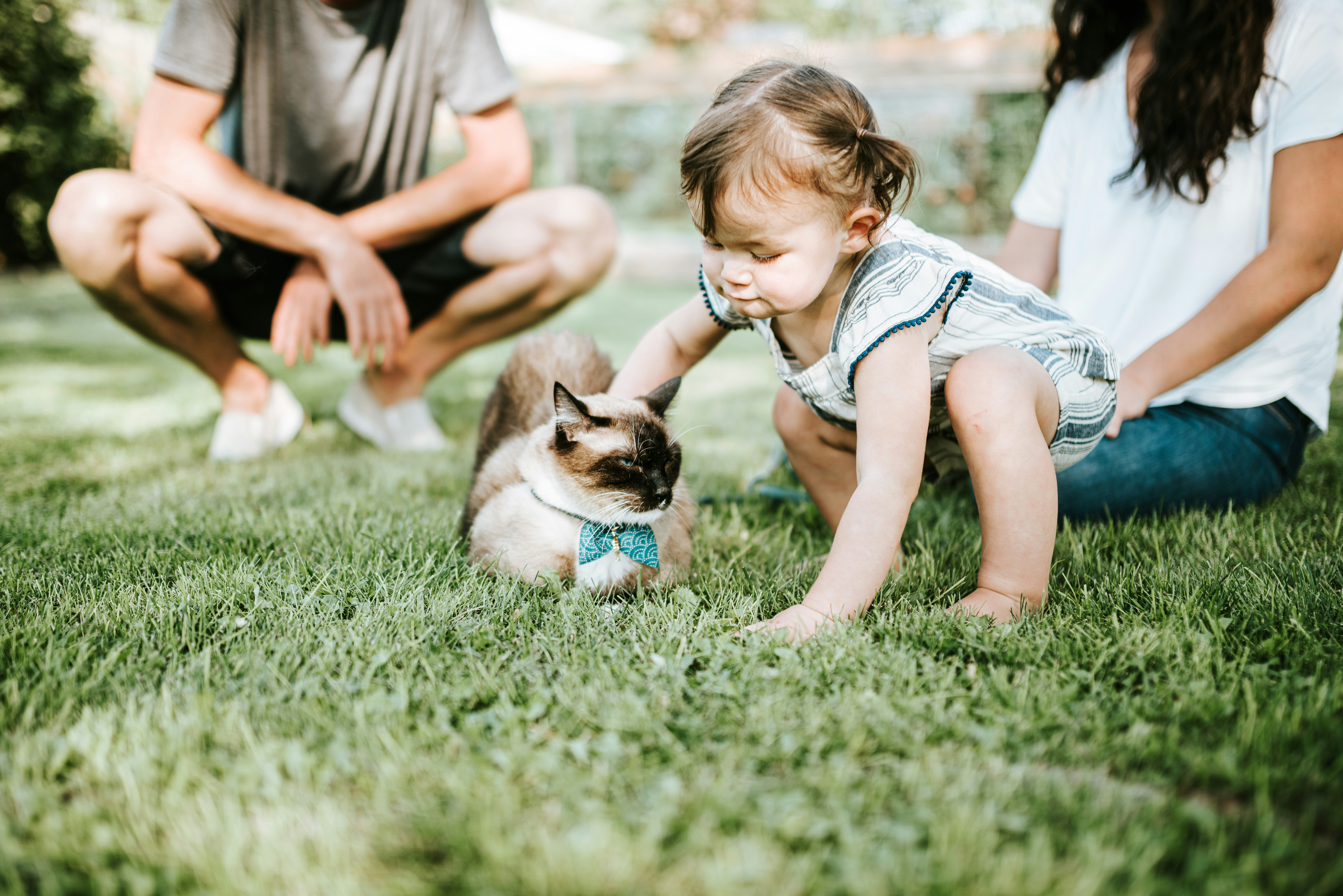The Quiet Revolution of Communal Puzzling: Strengthening Family Bonds
Published on September 2, 2024
The Quiet Revolution of Communal Puzzling

In an age where screens dominate our attention, there's a quiet revolution happening on dining room tables across the country. Families are rediscovering the simple joy and profound benefits of working on jigsaw puzzles together. This low-tech activity is proving to be a powerful tool for strengthening family bonds, improving communication, and even boosting mental health.
The Meditative Nature of Puzzling
Working on a puzzle creates a unique state of focused relaxation. As you search for pieces and patterns, your mind enters a meditative state, reducing stress and anxiety. For teenagers dealing with the pressures of school and social life, this can be a welcome respite.
A Common Goal
Puzzles provide families with a shared objective, fostering a sense of teamwork and accomplishment. This collaborative effort can be especially beneficial for families who struggle to find common ground or shared interests.
Non-Verbal Communication
Puzzling together allows family members to communicate and connect without the pressure of constant conversation. This can be particularly helpful for those who find direct communication challenging, providing a comfortable space for gradual opening up.
Problem-Solving Skills
Jigsaw puzzles exercise both logical and creative thinking. For students, this can translate into improved academic performance and better problem-solving skills in daily life.
Bridging Generational Gaps
Puzzles are ageless, making them an ideal activity for bridging generational gaps. Grandparents, parents, and children can all contribute equally, fostering mutual respect and understanding.
A Digital Detox
In our hyper-connected world, puzzles offer a much-needed break from screens. This "digital detox" can improve sleep patterns, reduce eye strain, and promote more meaningful face-to-face interactions.
The Joy of Slow Progress
In a world that often demands instant gratification, puzzles teach the value of patience and persistence. Watching a picture slowly come together over days or weeks can be a powerful metaphor for personal growth and family development.
Creating Lasting Memories
The time spent puzzling together creates shared memories and inside jokes. Many families even frame completed puzzles as a reminder of their shared accomplishment and the time spent together.
So, the next time you're looking for a way to bring your family closer together, consider breaking out a jigsaw puzzle. You might be surprised at the conversations, laughter, and bonds that form over a table of scattered pieces.
If you're interested in more ways to strengthen family bonds and improve communication, check out Thinker, an AI-powered tool designed to help families navigate relationships and foster better understanding.


